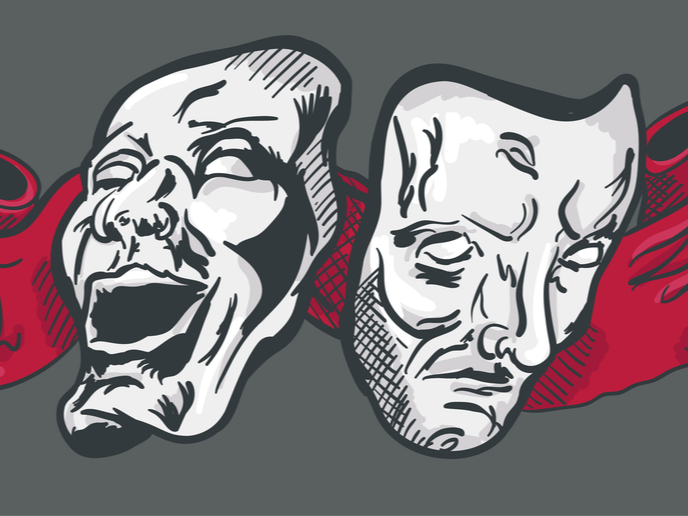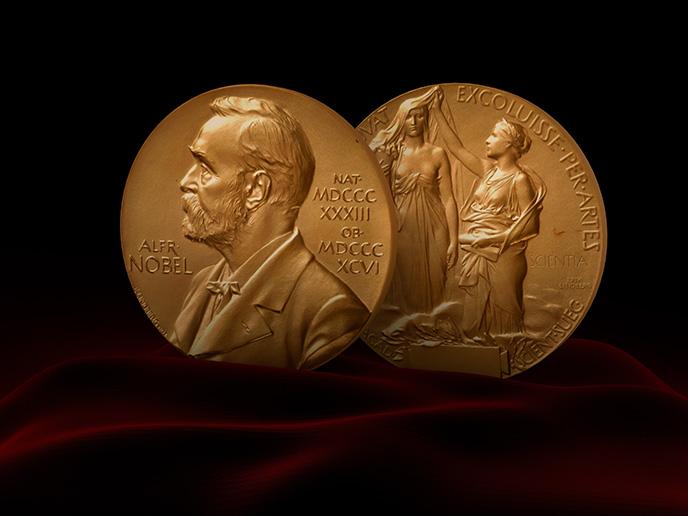Comedic tricks for more inspired politics
Politics is no joke. Or is it? As citizens of long-lived democracies become increasingly disillusioned with politics, and COVID-19 takes a toll on our health and economies, questionable policymaking can become the laughing stock for frustrated citizens and inspired comedians alike. But the bond that unites comedy and politics is much deeper than that. Comedy has been inspiring political thought and political philosophy since the days of Plato, and many political protests in history have made use of comedic techniques. The only problem is, as strong as it may be, this bond seems to have recently been forgotten by political philosophers who would rather focus on tragedy instead or forget entirely about the arts. “Tragedy can open our eyes to inherent tensions and conflicts that require political transformation. But the notion that political thought has been devoted to tragedy has blocked from view how comedy offers a different take on the same tensions and conflicts,” explains Thomas Khurana, former lecturer in Philosophy at the www.essex.ac.uk (University of Essex) and currently professor of Philosophy at the University of Potsdam. There is indeed richness in avoiding the moralisation and rationalisation of politics inherent to tragedy, to approach it as a play of forces considering the absurdity, contingency, frailty and flaws of human action instead. Meanwhile, looking at comedy from a political perspective can reveal that the former is in fact quite serious. Well aware of this potential, Khurana and Marie Skłodowska-Curie Actions fellow Birte Löschenkohl set out to overcome the misrecognition of the political impact of comedy under the project Comedy and Politics (The Comedy of Political Philosophy. Democratic Citizenship, Political Judgment, and Ideals in Political Practice). “We felt it was helpful to uncover the whole depth of the literary and philosophical tradition of political comedy. We thus turned to major authors from antiquity to the early modern period, all the way up to modernity. We were especially interested in authors such as Plato, Machiavelli, Hegel and Marx, who are renowned for the significance of their political thought but unknown for the stakes they have in comedy,” says Löschenkohl. This effort offers a wealth of interesting insights. Even though Plato is mostly known for banning arts in general from the ideal political life, the project showed that he has a different take on comedy, suggesting that a comic disposition in citizens can be helpful to resolve tensions between political ideals and the reality of political corruption. Meanwhile, Marx’s critique of capitalism and his thoughts on the possibility of its transformations surprisingly turned out to rely on comedic techniques.
Urgency in contemporary developments
Comedy and Politics also looks closely at what’s happening in our current political culture. It first considers the strange interconnection of comedy and authoritarianism which gives us pause about the positive potential of comedy. It also looks at the positive resources comedic thinking can offer in responding to present political challenges such as climate change. “Adequate political responses to these challenges will all require acknowledging human finitude and vulnerability while confronting the arrogance and hubris inherent in our contemporary attempts to master nature. We seem to be stuck in a false alternative, which is either straightforward denial or giving in to tragic doomsday scenarios,” Löschenkohl adds. “Neither will be helpful in dealing with this mess and its systematic injustices. We can use the resources that comedy has to offer both to help us see the absurdity of our current attempts of mastering and engineering nature, and to learn how to act based on our own finitude and dependence.” One of the project’s key findings is the necessary distinction between delusional and fantastic comedies. “The rejection of the idea that comedy may be instructive for political thought has to do with the fact that all comedy is generally identified with the genre of delusional comedy: giving us false hope, inviting wishful thinking, or giving us an aggrandised picture of magical possible remedies,” Khurana notes. “With this project we show that there is a different tradition of political comedy that is fantastic rather than delusional. Once one gets this fundamental distinction into view, it becomes possible to connect with a form of radical political hope inherent in comedy that has nothing to do with delusion and self-deception.” Löschenkohl and Khurana hope that Comedy and Politics will eventually contribute to a diversification of perspectives in political theory while providing contemporary discussion with new tools for better understanding the political and philosophical significance of comedy.
Keywords
Comedy and Politics, comedy, politics, Marx, Plato, authoritarianism, climate change, political thought, philosophy







